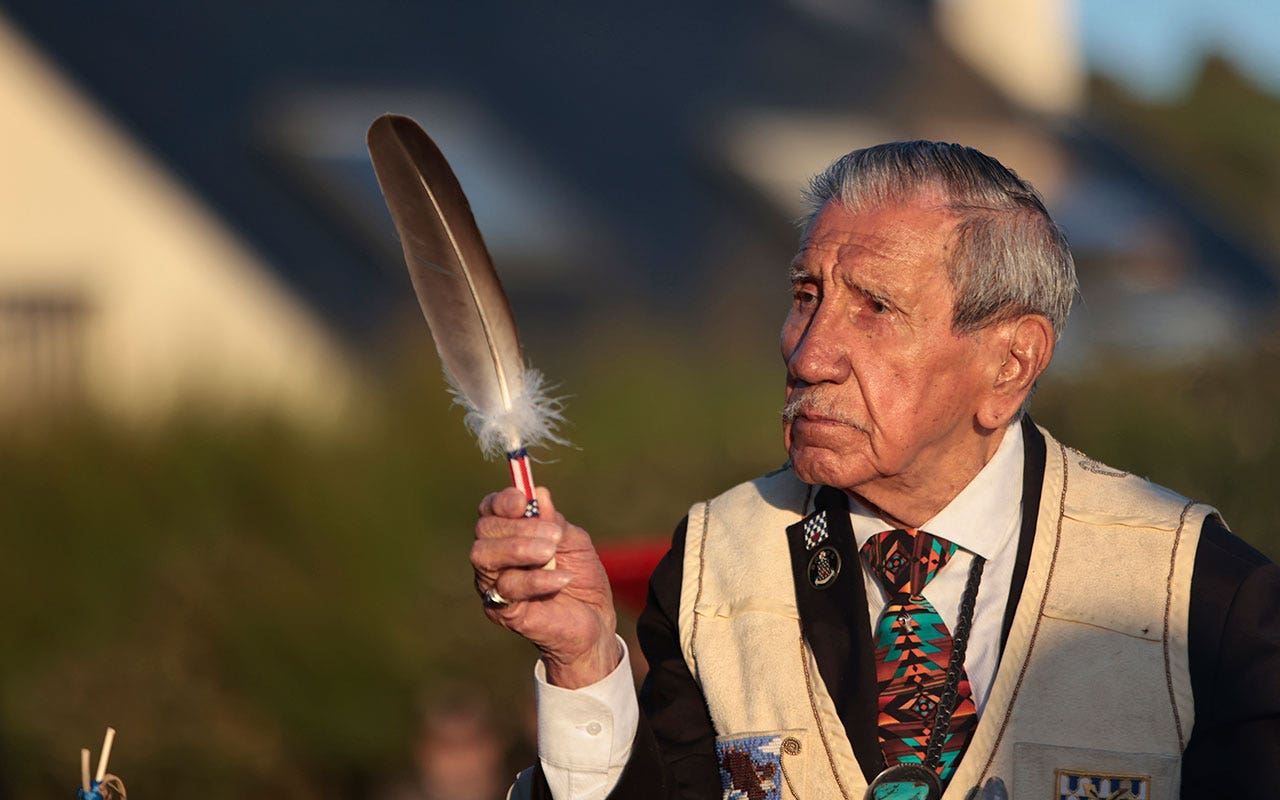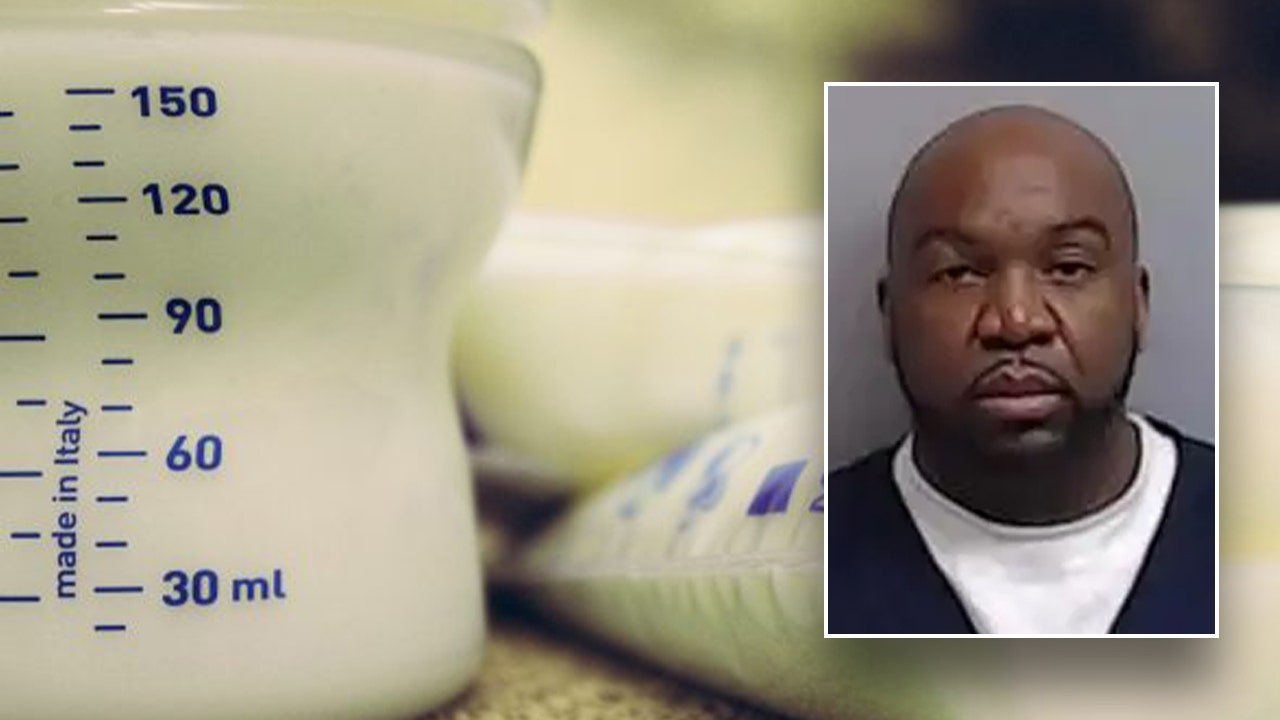Over the last year, lawmakers in the United States, Europe and Canada have escalated efforts to restrict access to TikTok, the popular short-form video app that is owned by the Chinese company ByteDance, citing security threats.
The White House told federal agencies in February 2023 that they had 30 days to delete the app from government devices, and various cities have barred government workers from downloading it. The next month, House lawmakers grilled TikTok’s chief executive, Shou Chew, for roughly five hours about the app’s relationship to its parent company and China’s potential influence over the platform.
In March 2024, the House Energy and Commerce Committee advanced a bill calling for TikTok to cut ties with its parent company within six months or face a ban in the United States. A full House vote could happen in the middle of the month. The bill has been endorsed by the White House.
Here’s why the pressure has been ratcheted up on TikTok.
Why are governments banning TikTok?
It all comes down to China.
Lawmakers and regulators in the West have increasingly expressed concern that TikTok and its parent company, ByteDance, may put sensitive user data, like location information, into the hands of the Chinese government. They have pointed to laws that allow the Chinese government to secretly demand data from Chinese companies and citizens for intelligence-gathering operations. They are also worried that China could use TikTok’s content recommendations for misinformation, a concern that has escalated in the United States during the Israel-Hamas war. Critics say that TikTok has fueled the spread of antisemitism and promoted pro-Palestinian content to American users.
TikTok has long denied such allegations and has tried to distance itself from ByteDance.
Have any countries banned TikTok?
India banned the platform in mid-2020, costing ByteDance one of its biggest markets, as the government cracked down on 59 Chinese-owned apps, claiming that they were secretly transmitting users’ data to servers outside India.
Other countries and government bodies — including Britain and its Parliament, Australia, Canada, the executive arm of the European Union, France and New Zealand’s Parliament — have banned the app from official devices.
What’s happening with bans in the United States?
More than two dozen states have banned TikTok on government-issued devices. Many colleges have blocked it from campus Wi-Fi networks. But students often just switch to cellular data to use the app.
In May, Gov. Greg Gianforte of Montana signed a bill to ban TikTok from operating inside the state, the first prohibition of its kind in the nation. TikTok filed suit, saying the legislation violated the First Amendment. In late November, a federal judge granted a preliminary injunction to stop the ban, which was scheduled to take effect on Jan. 1. The judge said a ban most likely violated the First Amendment and a clause that gives Congress the power to regulate commerce with foreign nations.
In August, New York City banned TikTok from city-owned devices after its cybersecurity agency determined that the app “posed a security threat to the city’s technical networks,” a City Hall spokesman said.
In December, a federal judge in Texas upheld a ban preventing state employees from using TikTok, finding it to be a “reasonable restriction” in light of Texas’ concerns about data privacy.
The app has already been banned for four years on U.S. government devices used by the military.
What is Congress doing?
Some federal lawmakers would like to ban the app, but more now say they want it to be sold to non-Chinese owners.
Previous efforts have been more focused on a ban. In March 2023, the House Foreign Affairs Committee voted to approve a bill that could grant a president the authority to ban the platform, though that effort faded. (Courts previously stopped a Trump administration effort to do this.)
In January 2023, Senator Josh Hawley, Republican of Missouri, introduced a bill to ban TikTok for all Americans after pushing for a measure, which passed in December as part of a spending package, that banned TikTok on devices issued by the federal government.
What is the Biden administration doing?
President Biden has said that he supports the bill introduced in March 2024 directed at getting ByteDance to sell TikTok.
The Biden administration has wanted TikTok’s Chinese owner to sell the app or face a possible ban since last year, according to the company. TikTok has been in yearslong, confidential talks with the administration’s review panel, the Committee on Foreign Investment in the United States, to address the government’s questions about TikTok and ByteDance’s relationship with the Chinese government and the handling of user data.
TikTok said that it submitted a 90-page proposal in August 2022 detailing how it planned to operate in the United States while addressing national security concerns.
The Justice Department has also been investigating TikTok’s surveillance of American journalists, according to three people familiar with the matter. ByteDance said in December that its employees had inappropriately obtained the data of two U.S. TikTok users who were reporters and a few of their associates.
Despite the administration’s concerns, Mr. Biden’s made his debut on the app during the Super Bowl in January. The short but lighthearted video, which saw Mr. Biden dodging questions from an offscreen inquisitor, underscored his attempts to rebuild his support among young voters.
Since then, his campaign has shared dozens of videos on the platform.
Can the government ban an app?
Most of the existing TikTok bans have been put in place by governments and universities that have the power to keep an app off their devices or networks.
A broader, government-imposed ban that stops Americans from using an app that allows them to share their views and art could face legal challenges on First Amendment grounds, said Caitlin Chin, a fellow at the Center for Strategic and International Studies. After all, large numbers of Americans, including elected officials and major news organizations like The New York Times and The Washington Post, now produce videos on TikTok.
First Amendment experts have said that justifying a ban would be a high bar for the government to clear.
What if I already have TikTok on my phone when a ban is issued?
The exact mechanism for banning an app on privately owned phones is unclear. Montana’s effort to ban TikTok sought to fine the company and app stores if residents downloaded or used TikTok.
If ByteDance does not sell TikTok, the House bill introduced in 2024 would bar app stores and web hosting services from distributing or updating TikTok in the United States.
Apple and other companies that operate app stores block downloads of apps that no longer work. They also ban apps that carry inappropriate or illegal content, said Justin Cappos, a professor at the New York University Tandon School of Engineering.
They also have the ability to remove apps installed on a user’s phone. “That usually doesn’t happen,” he said.
What has TikTok’s response been?
TikTok has referred to the bans as “political theater” and criticized lawmakers for attempting to censor Americans. In March, it urged users in a pop-up message to call lawmakers to oppose a TikTok ban. Some Capitol Hill offices said they received dozens of calls.
“The swiftest and most thorough way to address any national security concerns about TikTok is for CFIUS to adopt the proposed agreement that we worked with them on for nearly two years,” a spokeswoman for TikTok said in a statement last year.
Separately, TikTok has been trying to win allies with an uncharacteristic lobbying push in Washington to promote the plan it submitted to the government.
In March, TikTok again took action to protect its interests as Washington lawmakers introduced a bill calling for the company to severe ties with its Chinese parent company. When many users opened TikTok, the company greeted them with a message to oppose the legislation, prompting a flood of phone calls to several Capitol Hill offices.






